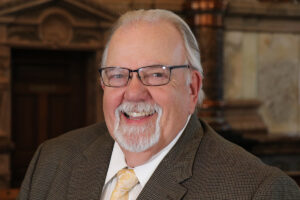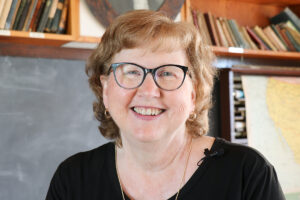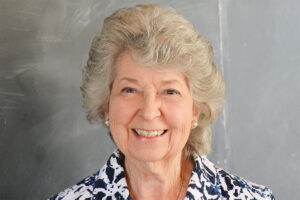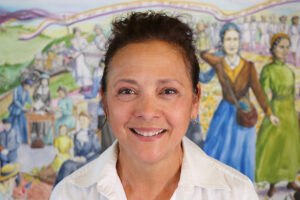Interview of Steve Abrams, June 26, 2025
Interviewed by Mark Tallman
Steve Abrams grew up loving to read and as an adult found it incomprehensible that others could not learn to read. His involvement as a member of his local board of education was initially focused on the issue of reading. He later championed Career and Technical Education training as another option for students while he served on the State Board of Education and on the Senate Education Committee. The interview has a substantive discussion of some of the issues the state board encountered during Abrams' term: No Child Left Behind, the Nation at Risk Report, Show Morestate assessments, standards for local schools, Quality Performance Accreditation, to name a few. Abrams states that it’s not easy to solve the issue of “wanting education to be successful for the students in the state of Kansas and still be affordable for the citizens of Kansas.” Show Less




